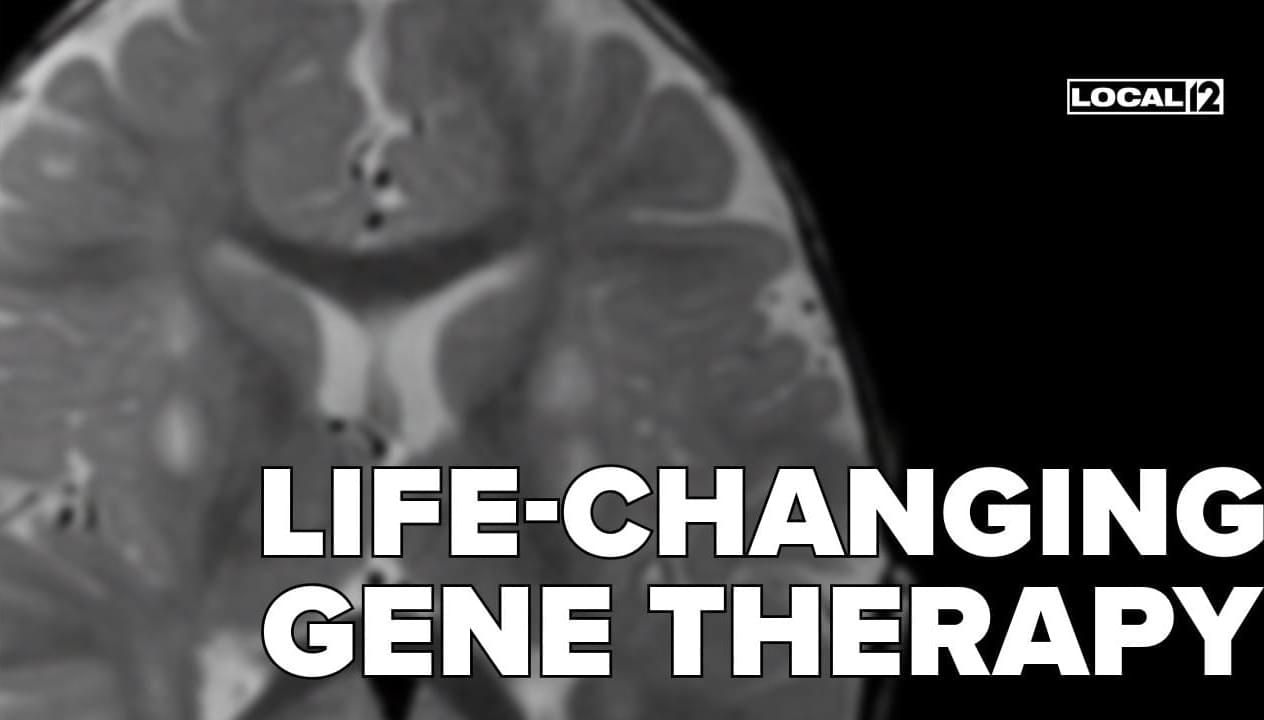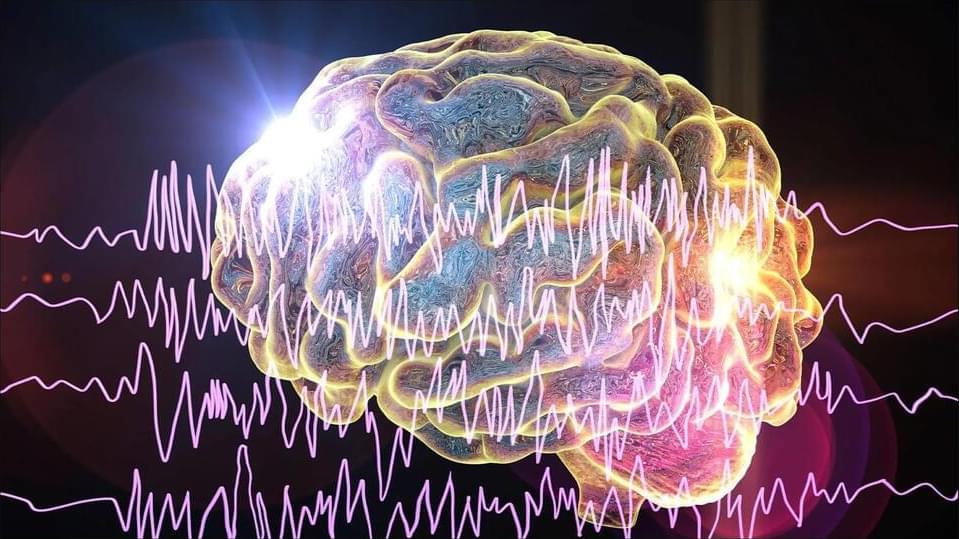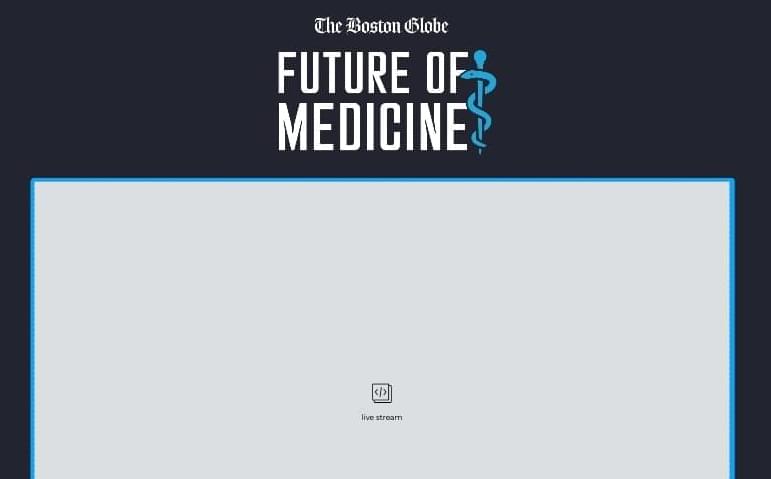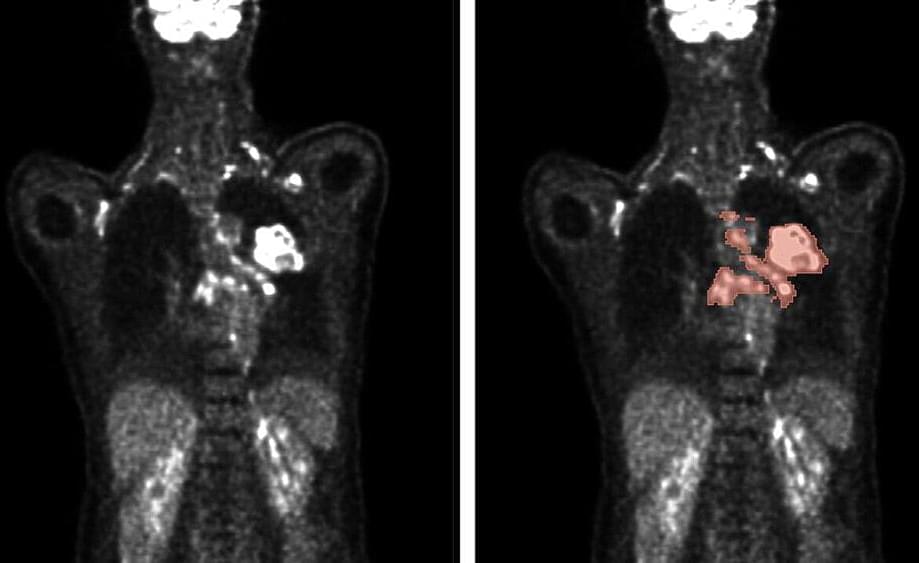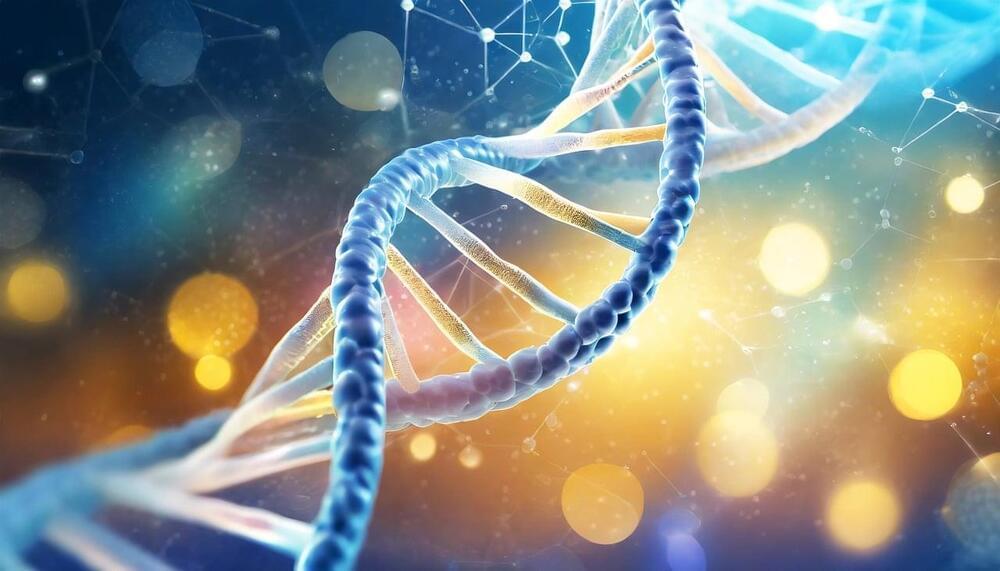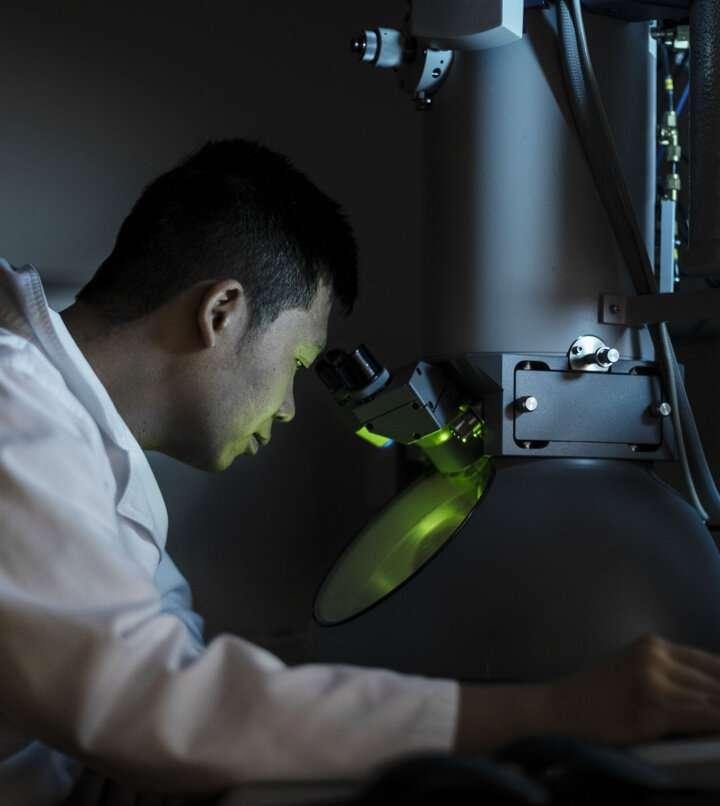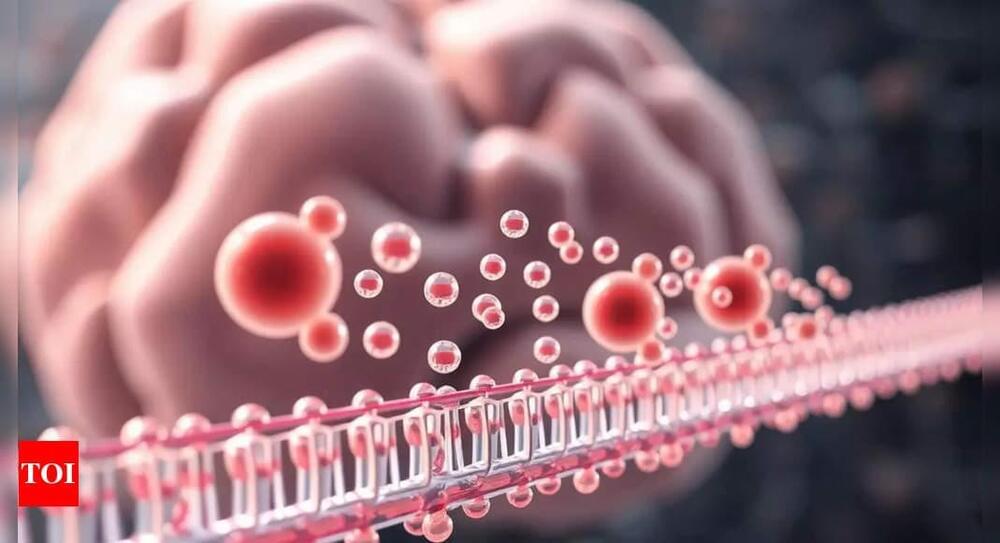Nov 30, 2024
Researchers May Have Solved a Decades-Old Brain Paradox With AI
Posted by Genevieve Klien in categories: biotech/medical, information science, robotics/AI
Cold Spring Harbor Laboratory scientists developed an AI algorithm inspired by the genome’s efficiency, achieving remarkable data compression and task performance.
In a sense, each of us begins life ready for action. Many animals perform amazing feats soon after they’re born. Spiders spin webs. Whales swim. But where do these innate abilities come from? Obviously, the brain plays a key role as it contains the trillions of neural connections needed to control complex behaviors.
However, the genome has space for only a small fraction of that information. This paradox has stumped scientists for decades. Now, Cold Spring Harbor Laboratory (CSHL) Professors Anthony Zador and Alexei Koulakov have devised a potential solution using artificial intelligence.


